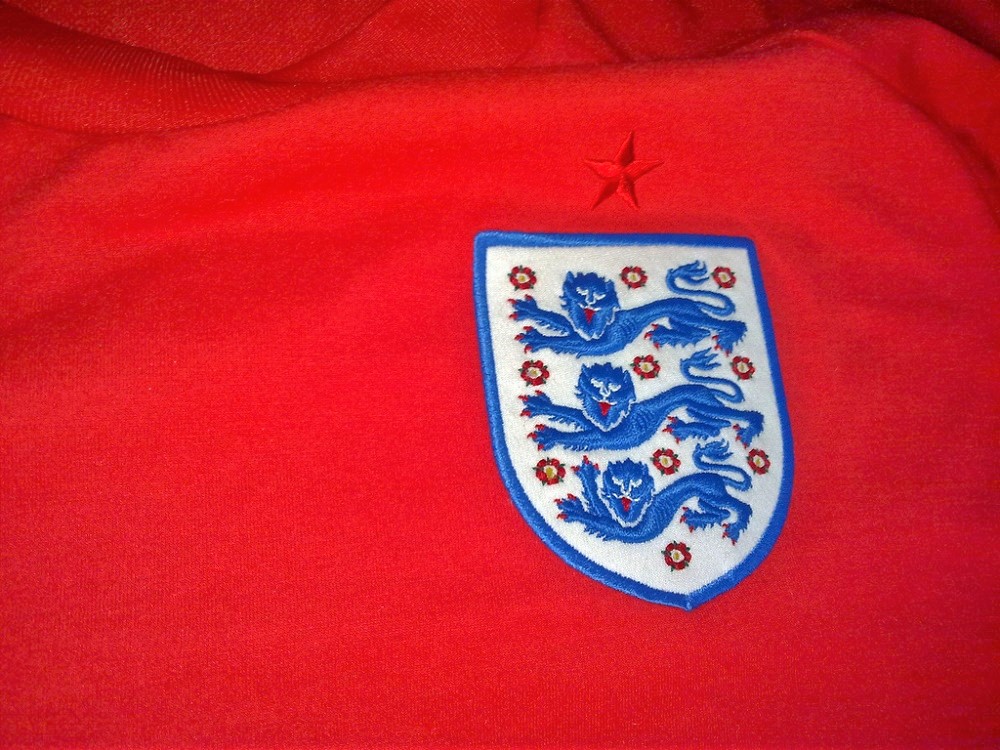Jasmine Birtles
Your money-making expert. Financial journalist, TV and radio personality.


It’s typical isn’t it…any big event is going to attract dodgy dealers and the World Cup is no exception.
According to Netnames, which protects brands, these are the top five scams to watch out for before, during and after the event.
1. Fraudulent tickets
Although 2.3 million legitimate tickets have already been allocated via FIFA.com a search for the term “Brazil World Cup tickets” on Google provides hundreds of thousands of results. Among these search results, are thousands of fraudulent ticket listings, with prices ranging from £180 for Brazil vs. Mexico in the first round of the group stage, to £2,370 for the final on 13th July. Some organisations with no official link to FIFA or the organising committee state that they can “provide authentic tickets for all games” or “guarantee best tickets”. Solution – Only go to Fifa.com or a trusted name for your tickets.
2. Fake England strip
England’s kit deal with Nike, worth approximately £25 million per year, is the second most valuable sponsorship deal ever. The England World Cup shirt was revealed the first week of April, with a price tag of £90. Within hours, counterfeit shirts started appearing on marketplace sites, selling for just a fraction of the price. Some of these online marketplace sellers offer quantities in excess of 100 units at a time.
3. Unofficial apps
This year’s World Cup will see more fans access information via their smartphone than ever before. FIFA has an official app that is free for users, but a search on some of the major app stores shows lots of unofficial apps that could be dangerous for you. For example, the “Fifa World Cup 2014 Live Match” app looks official and seems to stream matches live. But you’ve got to watch out for non-official apps as rogue ones could have viruses which will infect your device and could access personal data.
4. Dubious sponsor websites
There are a lot of sites designed to look like official FIFA World Cup Sponsor sites, trying to trick users into handing over personal details in return for supposed prizes.Browsers could also end up being spammed by pop-ups, texts or ticket lotteries.
5. Betting sites
If you’re into betting you will probably be using the mainstream betting companies to place bets, but some may be lured by other alternatives. For example, Bit on Soccer allows fans to bet and win Bitcoins – the unregulated virtual currency. Other sites, such as FIFA Now’s betting ‘tool’, appear to have no relation with FIFA.
Really FIFA should be out suing any website that is using its name but that takes time and so many of these sites can be set up in a day from all kinds of dodgy parts of the world.
So, as ever, it’s a question of user-beware. Try only to use official or trusted sites when you’re doing anything to do with the World Cup and stay safe online!
